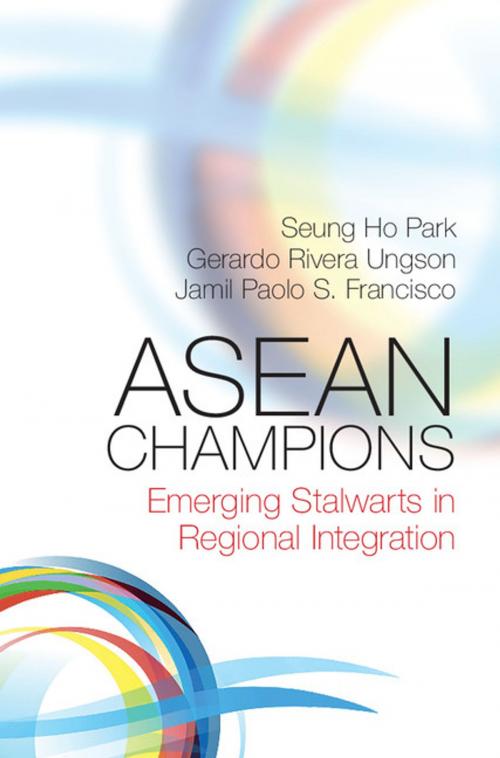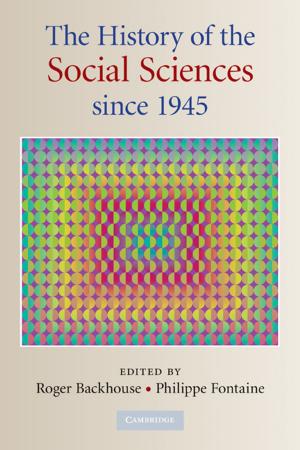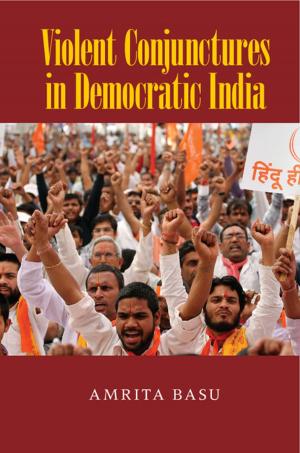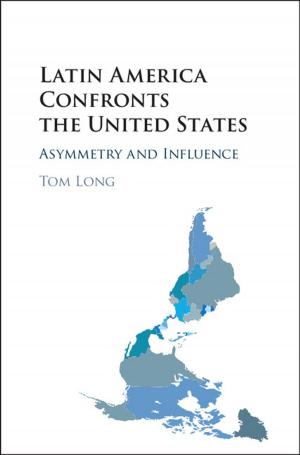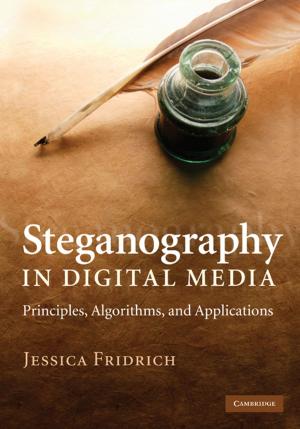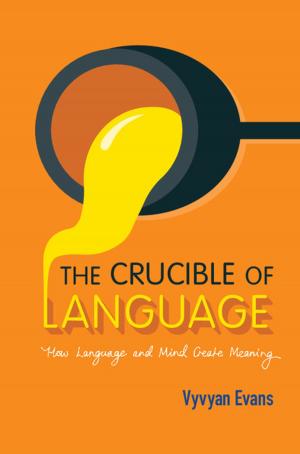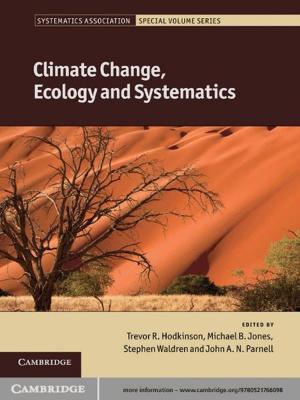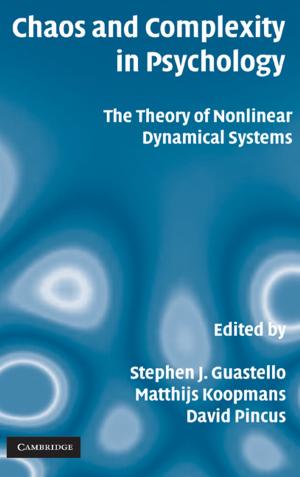ASEAN Champions
Emerging Stalwarts in Regional Integration
Business & Finance, Economics, International| Author: | Seung Ho Park, Gerardo Rivera Ungson, Jamil Paolo S. Francisco | ISBN: | 9781316796993 |
| Publisher: | Cambridge University Press | Publication: | December 15, 2016 |
| Imprint: | Cambridge University Press | Language: | English |
| Author: | Seung Ho Park, Gerardo Rivera Ungson, Jamil Paolo S. Francisco |
| ISBN: | 9781316796993 |
| Publisher: | Cambridge University Press |
| Publication: | December 15, 2016 |
| Imprint: | Cambridge University Press |
| Language: | English |
With a population of about six hundred million people, and a combined GNP of more than US$ 2.4 trillion, the ASEAN Economic Community (AEC) is set to become the seventh largest economy in the world. Launched in December 2015, the AEC unveiled initiatives to create a single market and production zone, a competitive and equitable region, and integrated links to the global economy. ASEAN Champions seeks to address the role of the strong local firms in regional integration, how these 'champions' succeeded and endured, despite facing adverse circumstances, and the factors that facilitated or impeded their participation in regional integration. The book provides insights for future firm and government-led strategies to enhance the integration process. By complementing current narratives that focus on macroeconomic, socio-political, and trade considerations, Park, Ungson and Francisco offer an enlightening and engaging read, ideally suited to academics and professionals alike.
With a population of about six hundred million people, and a combined GNP of more than US$ 2.4 trillion, the ASEAN Economic Community (AEC) is set to become the seventh largest economy in the world. Launched in December 2015, the AEC unveiled initiatives to create a single market and production zone, a competitive and equitable region, and integrated links to the global economy. ASEAN Champions seeks to address the role of the strong local firms in regional integration, how these 'champions' succeeded and endured, despite facing adverse circumstances, and the factors that facilitated or impeded their participation in regional integration. The book provides insights for future firm and government-led strategies to enhance the integration process. By complementing current narratives that focus on macroeconomic, socio-political, and trade considerations, Park, Ungson and Francisco offer an enlightening and engaging read, ideally suited to academics and professionals alike.
